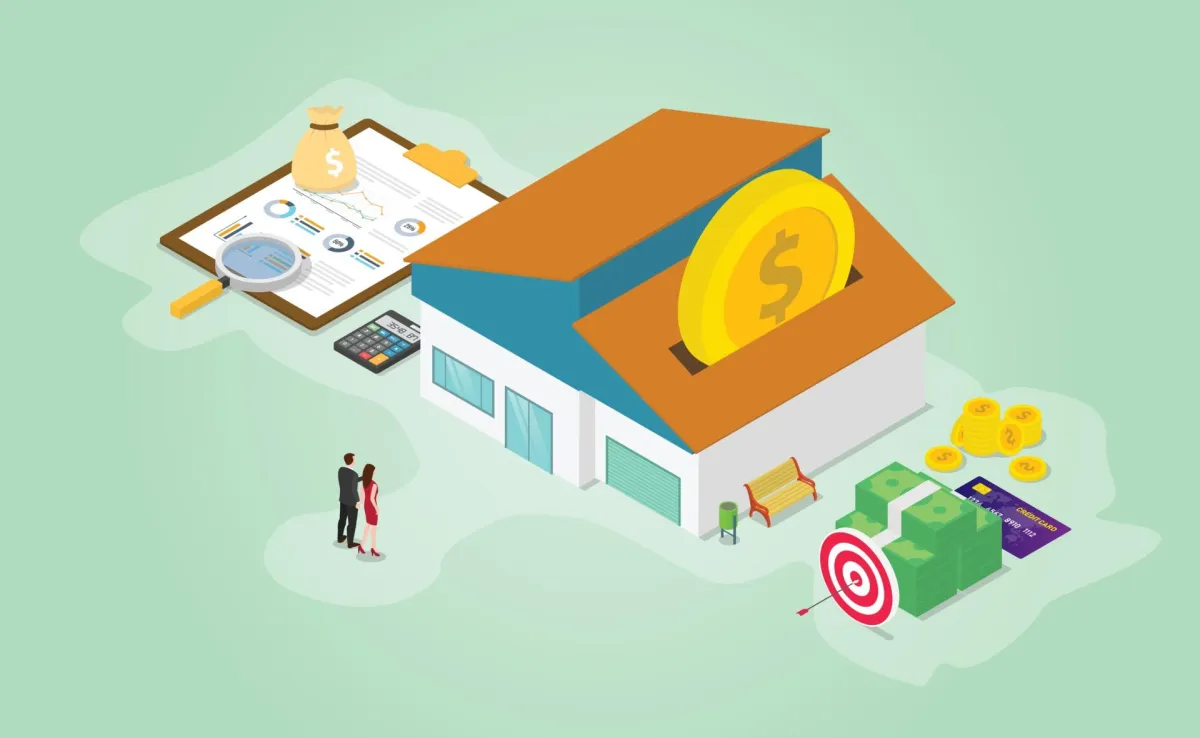
How to Use a Mortgage Calculator Like a Pro
Buying a home is exciting, but understanding the numbers behind your mortgage is just as important. A mortgage calculator can be a powerful tool to help you plan smartly, but only if you know how to use it correctly. Here’s your step-by-step guide to using a mortgage calculator like a pro!
1. Start with the Basics: What You Need
Before you open a mortgage calculator, gather these key pieces of information:
Home Price: The cost of the property you’re interested in.
Down Payment: How much you plan to put down upfront.
Loan Term: How long you'll take to pay off the loan (e.g., 15, 20, or 30 years).
Interest Rate: Either your pre-approved rate or today’s average rates.
Property Taxes & Homeowners Insurance: Estimated yearly costs.
HOA Fees (if applicable): Some properties, like condos, have additional monthly fees.
2. Understand the Key Inputs
When you enter your numbers, here’s what each field really means:
Loan Amount: Home price minus your down payment.
Interest Rate: A lower rate means lower monthly payments.
Loan Term: Shorter terms usually have higher monthly payments but lower total interest costs.
Property Tax and Insurance: Often bundled into your monthly mortgage payment.
👉 Pro Tip: Don’t ignore taxes and insurance — they can significantly change your total monthly payment!
3. Analyze Your Results Like a Pro
Once you hit "calculate," focus on two key results:
Monthly Payment: This includes principal, interest, taxes, insurance, and sometimes HOA fees.
Total Interest Paid: Shows how much you’ll pay in interest over the life of the loan.
Questions to ask yourself:
Is the monthly payment comfortable based on your income?
Can you afford a bigger down payment to lower the loan amount?
Would a shorter loan term save you money long-term?
4. Compare Different Scenarios
Don’t just run the numbers once! Try:
A larger down payment vs. a smaller one
A 30-year loan vs. a 15-year loan
Different interest rates (especially if rates are changing)
Seeing multiple scenarios helps you make smarter decisions and even negotiate better terms with lenders.
5. Know What Calculators Don’t Tell You
Mortgage calculators are fantastic, but they don’t always show:
Closing costs
Private Mortgage Insurance (PMI) if your down payment is under 20%
Maintenance and repairs over time
That’s why it’s important to use the calculator as a starting point, and then talk to a mortgage advisor for a full financial picture.
Using a mortgage calculator isn't just about punching numbers, it’s about understanding how every financial decision impacts your homeownership journey.
With the right approach, you can budget smarter, plan better, and move into your dream home with confidence.
Need help calculating the right numbers for you?
Let’s chat! Our team is here to guide you every step of the way.
